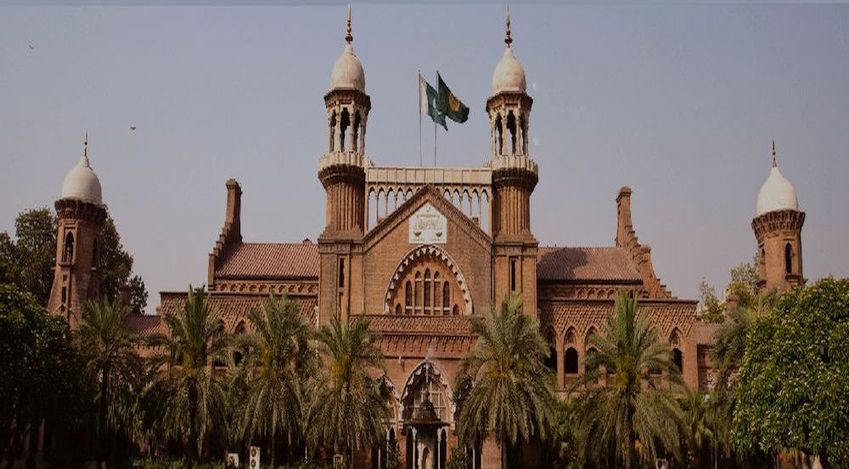In cases involving Forgery and Fraud by Public Officials, the Court must act as an Inquisitor due to the Nature of the Offense --- Lahore High Court, Lahore
Islamabad 28-10-2024: The Lahore High Court (LHC) delivered a split verdict in [Crl. Appeal No. 909/2012] involving allegations of corruption, forgery, and fraud. The Court acquitted Zulfiqar Ali, one of the appellants, while upholding the conviction of Muhammad Arif Zaman, a Patwari (revenue officer), who was accused of criminal misconduct and forgery in connection with fraudulent land transactions.
The case stemmed from an [FIR No.245/2009] registered under Sections 420, 468, 471 of the Pakistan Penal Code (PPC) and Section 5(2) of the Prevention of Corruption Act, 1947, at the City Police Station, Toba Tek Singh. The complainant, Zafar Yaseen, accused the appellants of forging revenue records, specifically a Fard Jamabandi (land ownership document), and fraudulently inducing him to part with Rs.10,50,000 under the pretext of selling land.
The Trial Court had convicted both appellants, sentencing Muhammad Arif Zaman to two years of rigorous imprisonment for each charge under the PPC and the Prevention of Corruption Act. Zulfiqar Ali was sentenced to one year in prison for each offense, along with a fine under Section 9 of the Criminal Law Amendment Act, 1958.
In its judgment, the Lahore High Court found insufficient evidence against Zulfiqar Ali. The Court observed that the prosecution had failed to prove that Zulfiqar Ali falsely claimed ownership of the land in question. Furthermore, the agreement presented in Court did not explicitly state that Zulfiqar Ali was the sole owner of the property. The Court emphasized that the burden of proving fraudulent intent was on the prosecution, which had not produced convincing evidence.
“The prosecution failed to prove the charge against Zulfiqar Ali. His conviction and sentence are set aside, and he is acquitted of all charges,” the Court ruled.
The Court took a different approach in the case of Muhammad Arif Zaman, the revenue officer involved in the fraudulent land transactions. The judgment pointed to clear evidence of misconduct, stating that Muhammad Arif Zaman had knowingly entered false mutations in the revenue records, facilitating the fraudulent sale of land.
The Court highlighted that in cases involving public officials and forgery, it is often difficult to obtain direct evidence due to the concealment of incriminating materials. The Court, therefore, relied heavily on documentary evidence to conclude that Muhammad Arif Zaman had acted with fraudulent intent.
“The prosecution has proven its case beyond a shadow of doubt. Muhammad Arif Zaman has been rightly convicted for forgery, cheating, and criminal misconduct,” the Court noted. His conviction and sentence were upheld, and the Court ordered the immediate enforcement of his prison sentence.
The judgment reiterated several important legal principles, including the significance of producing original documents in forgery cases and the legal status of unattested mutations. The Court referenced key case laws, including Mst. Akhtar Sultana Vs. Major Retd. Muzaffar Khan Malik (PLD 2021 SC 715) and Karam Shah Vs. Mst. Ghulam Fatima (1988 CLC 1812), to support its conclusions.
In cases involving public officials, the Court noted the difficulty in obtaining direct evidence of forgery or fraud, especially when officials use their position to manipulate records. The judgment emphasized the Court’s role in taking an inquisitorial approach in such cases, relying on circumstantial evidence and legal documents to reach a conclusion.
“In cases involving forgery and fraud by public officials, the Court must act as an inquisitor due to the nature of the offense and the deliberate concealment of evidence,” the Court observed.
The Lahore High Court’s judgment brings to a close a long-standing case involving allegations of forgery, fraud, and corruption in land transactions. While one appellant was acquitted, the Court’s decision to uphold the conviction of a public official reinforces the judiciary’s stance on combating corruption and maintaining the integrity of public institutions.
Powered by Froala Editor








